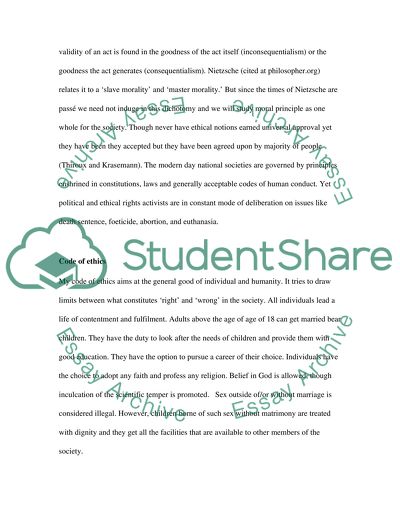Cite this document
(“Ethics Essay Example | Topics and Well Written Essays - 2000 words - 7”, n.d.)
Retrieved from https://studentshare.org/miscellaneous/1545001-ethics
Retrieved from https://studentshare.org/miscellaneous/1545001-ethics
(Ethics Essay Example | Topics and Well Written Essays - 2000 Words - 7)
https://studentshare.org/miscellaneous/1545001-ethics.
https://studentshare.org/miscellaneous/1545001-ethics.
“Ethics Essay Example | Topics and Well Written Essays - 2000 Words - 7”, n.d. https://studentshare.org/miscellaneous/1545001-ethics.


